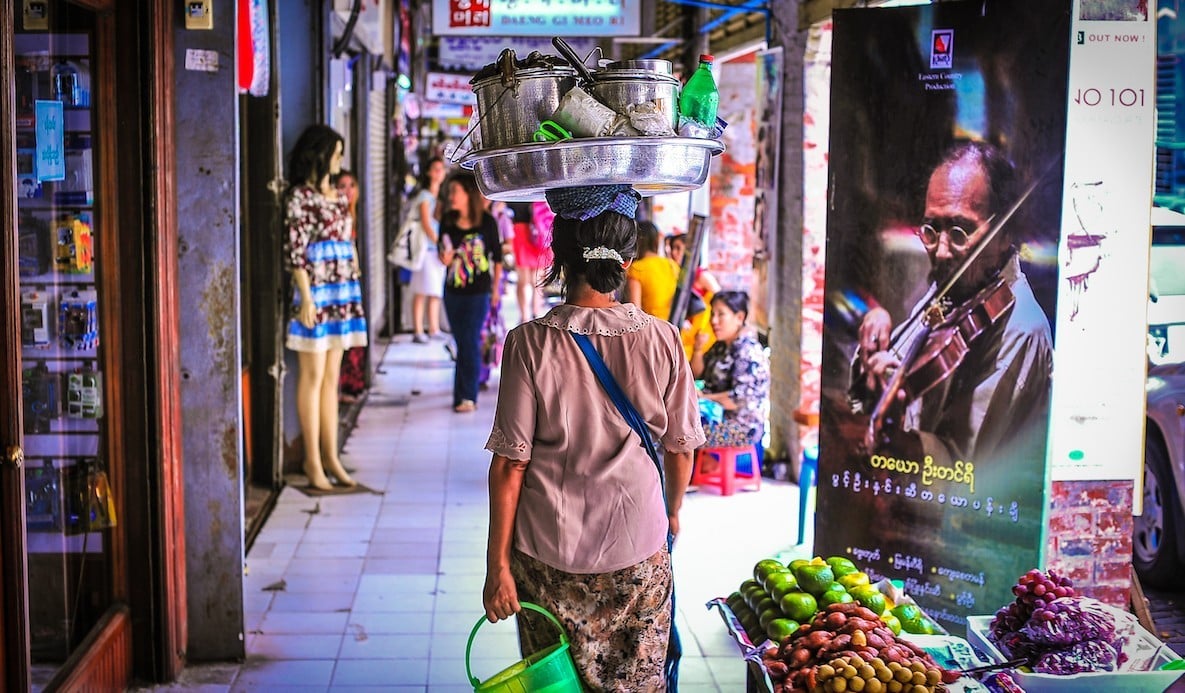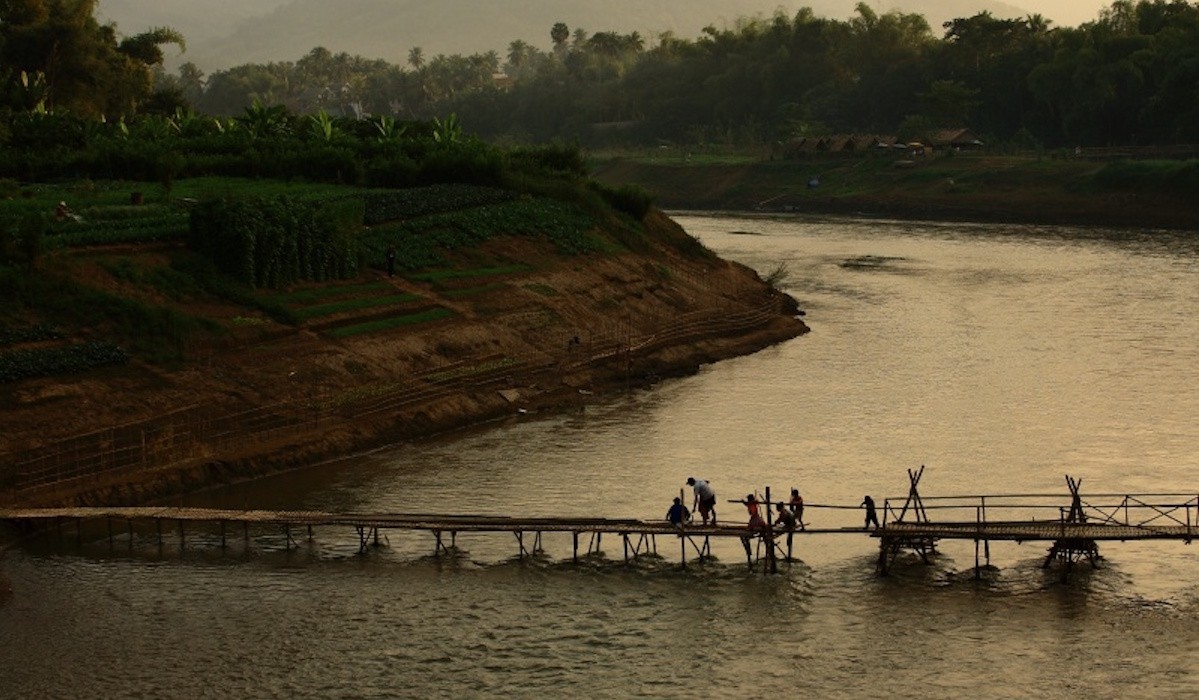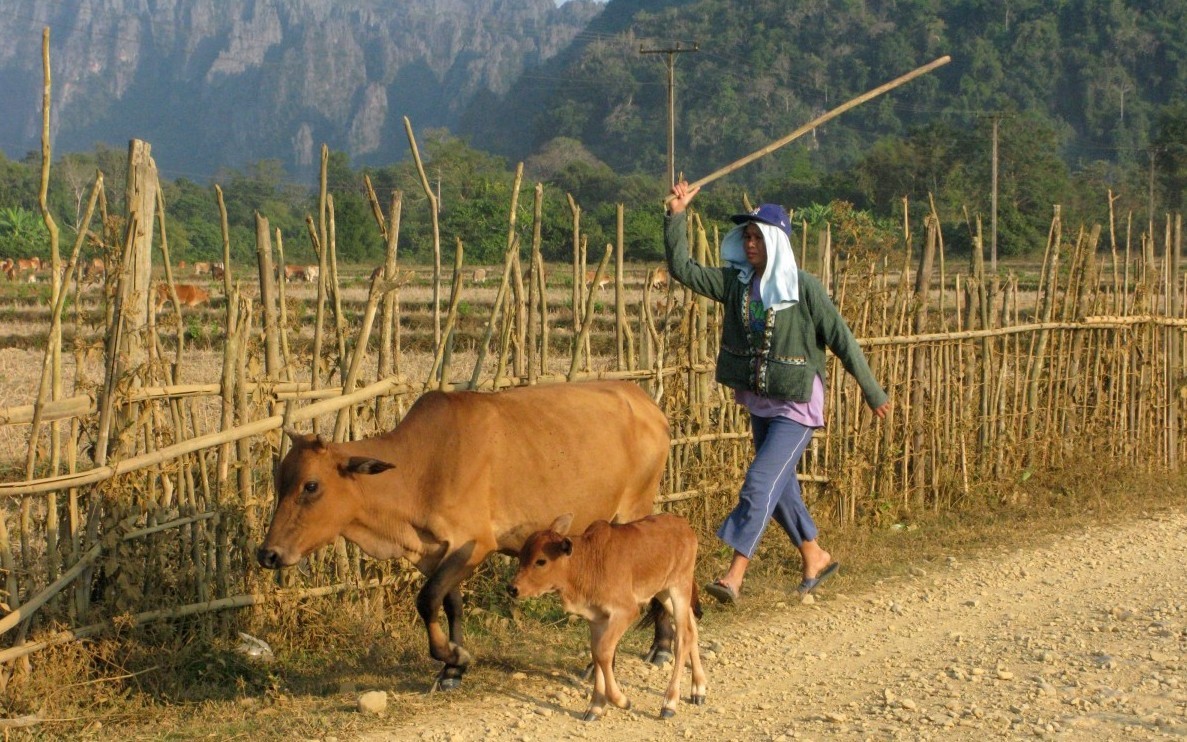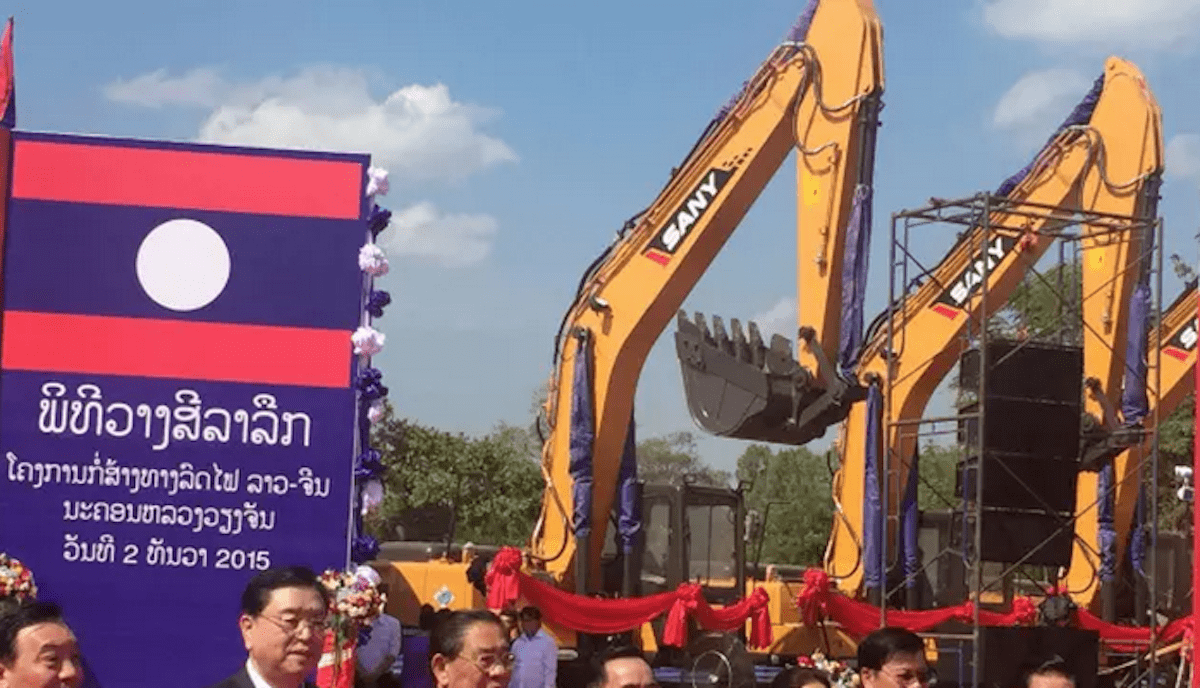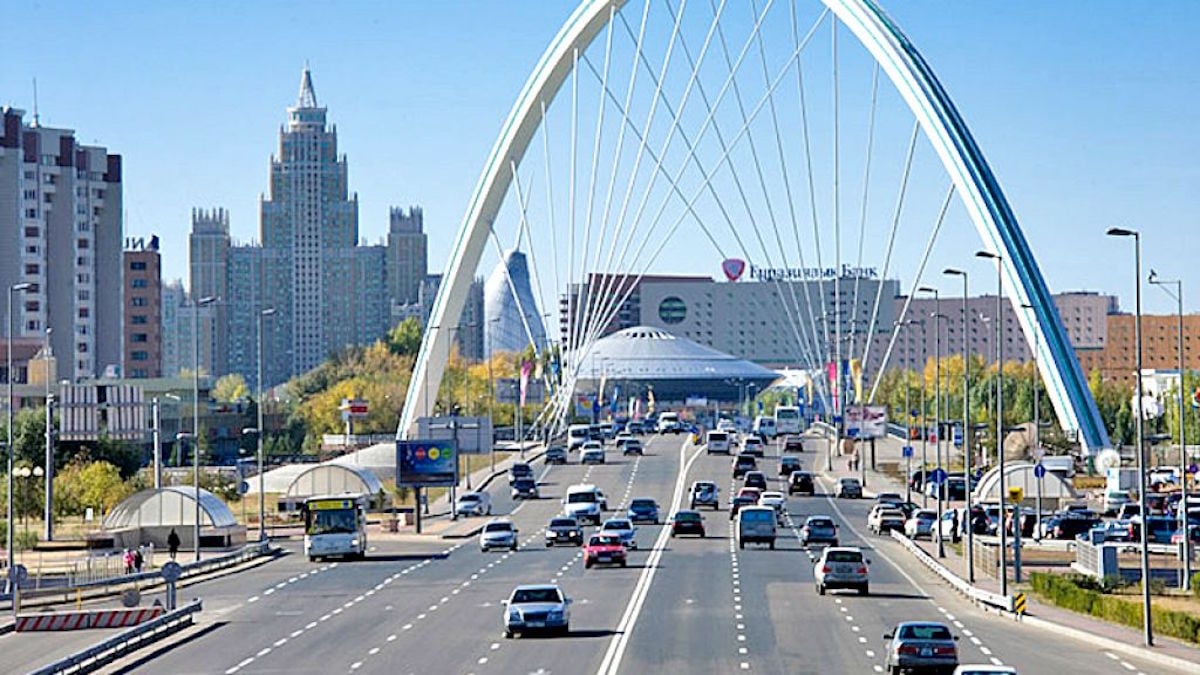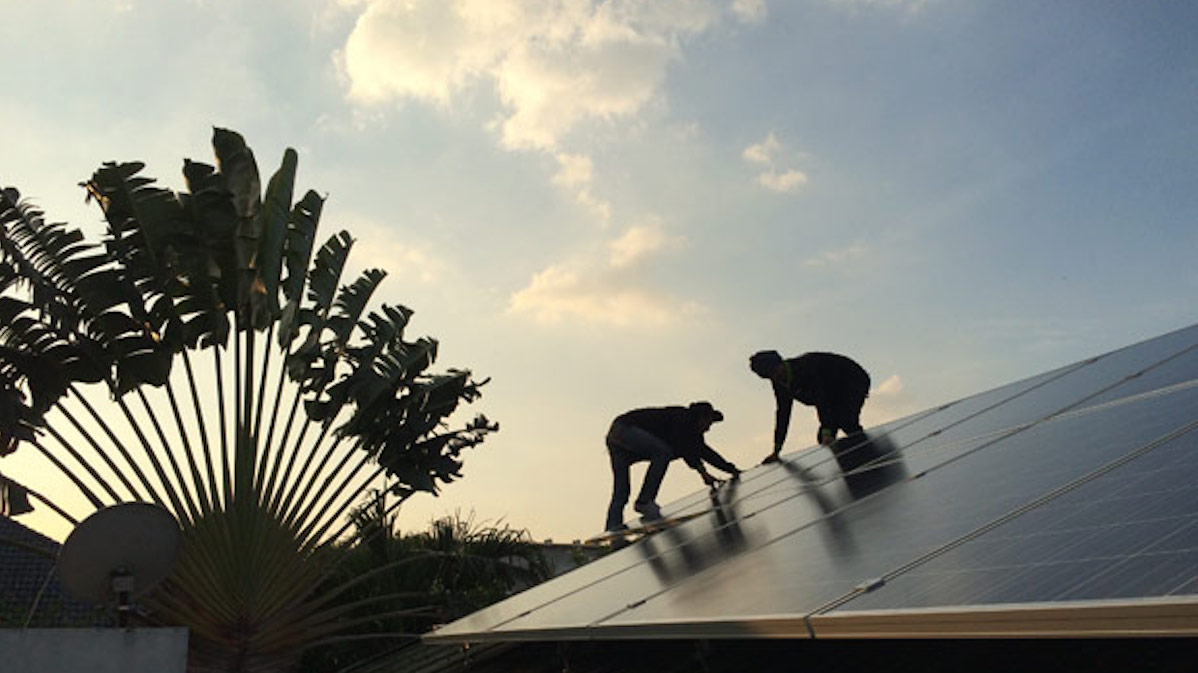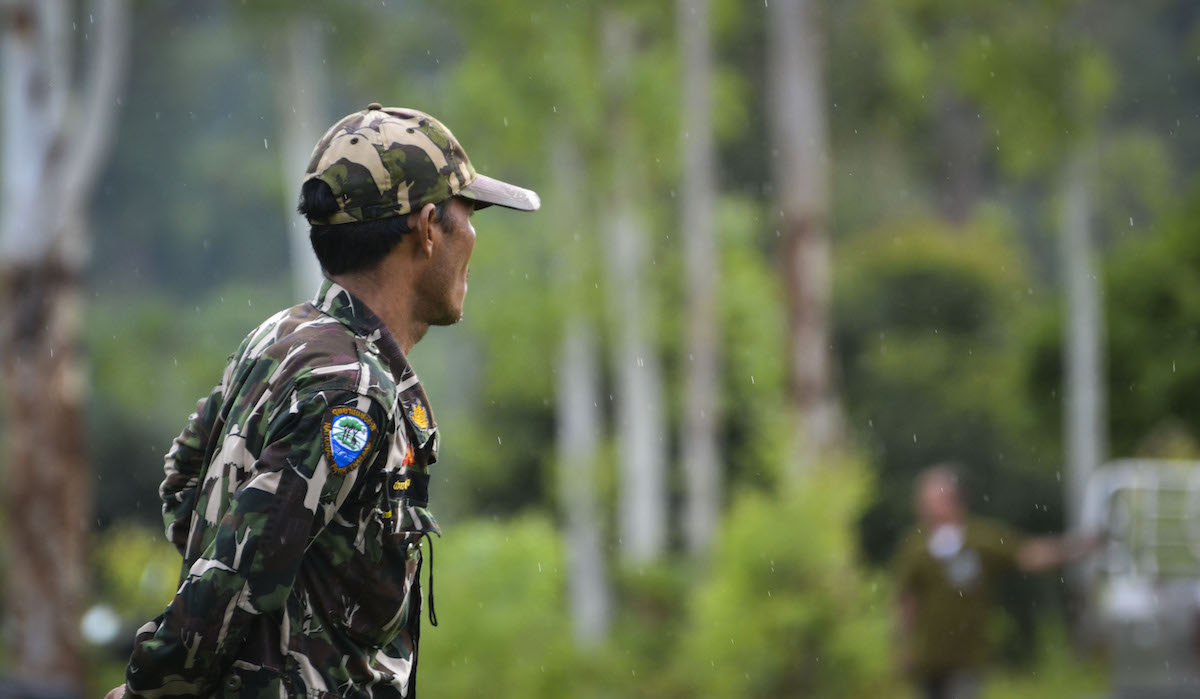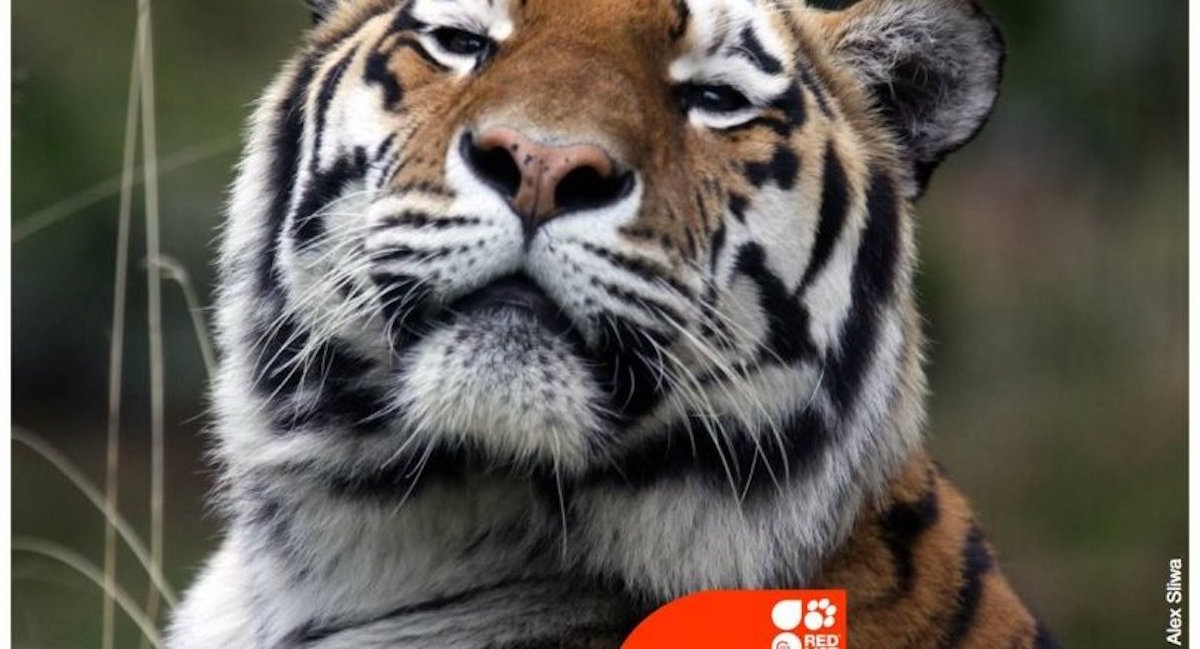The sectors targeted by the restriction do not concern investment projects here, which are mostly infrastructure and energy-related.
Category: China
The Lancang-Mekong cooperation framework: China’s real motivation
There are several reasons why China finally takes part in a cooperation framework with the lower Mekong countries. One of them is allow China to enter a ‘damage control’ diplomacy.
Oudomxay province in Laos eyes development of large-scale farms
Chinese companies have told us we need to carry out large-scale production if we want to supply the railway and other development projects in the province: province governor
Laos merely a bystander as China pushes Belt and Road ambitions
Costly China-led railway project offers questionable benefits to host
Event: The Belt and Road Initiative: building bonds across Asia, Europe and Beyond
On Thursday, October 12th, policy makers from across Europe and Asia will join World Bank Group President for an event that examines BRI’s challenges and opportunities.
AIIB: a potential new finance source for Cambodia’s renewable energy
If the Electricité Du Cambodge provides a secured power purchase agreement and attractive prices, AIIB is likely to fund solar projects in the Cambodia.
Mind the hype: Despite huge potential, solar energy in SE Asia is behind a cloud
Sunny Southeast Asia has double the solar energy potential of Northern Europe, but the market hype is not living up to the reality on the ground.
Beyond China: Nation must diversify FDI
Over the past three decades (1988-January 2017) China has invested $19 billion in Myanmar, far more than any other country.
Scientists study wildlife rangers, what motivates them?
GMS and other Asian wildlife rangers just need a job, and are not motivated by protecting our most iconic species—tigers, elephants, gorillas and many others.
Read more at: https://phys.org/news/2017-09-scientists-wildlife-rangers.html#jCp
Fresh bid to tackle illegal wildlife trade
“There is one overriding principle that drives the business -– it’s of huge value with low risk. And that’s why we are losing the battle, rapidly,” says USAID Wildlife Asia’s law enforcement specialist.


